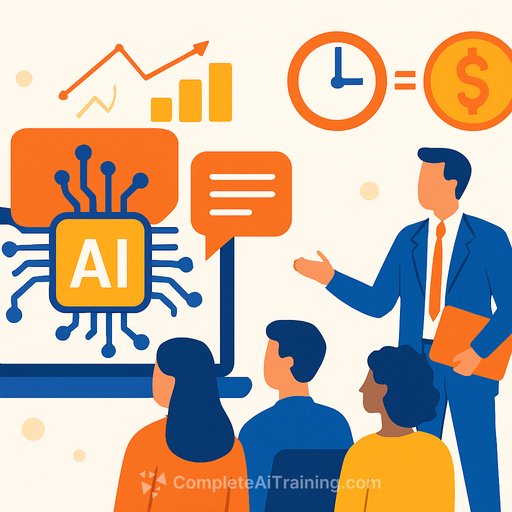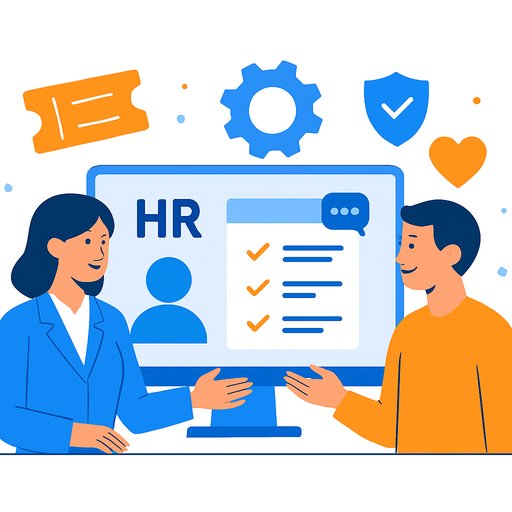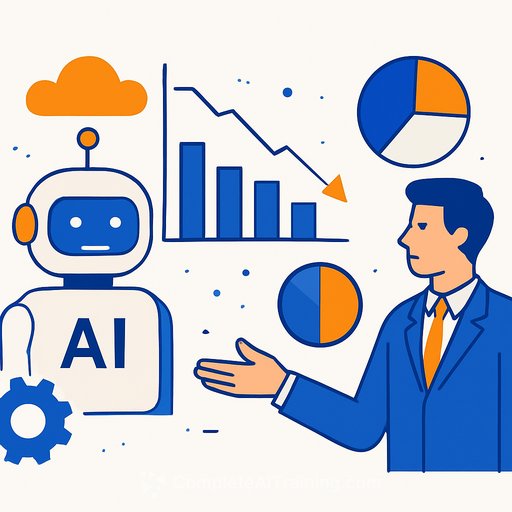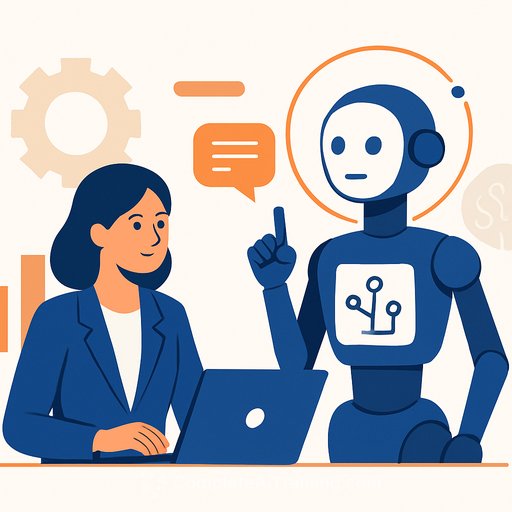ILTACon Day Two Recap: AI, Knowledge Management, Billable Hours, and Human Capital
Day Two at ILTACon brought clear insights on how AI is intersecting with legal knowledge management (KM), billing practices, and workforce management. The sessions offered practical perspectives valuable for HR professionals monitoring technology adoption and organizational change in law firms.
KM Roundtable: Embracing the New Wave of Knowledge Management
A panel of KM leaders from top law firms and tech companies shared their firsthand experiences integrating AI tools and managing knowledge assets.
- Early Days for AI Tools: Most remain cautious, uncertain which AI platforms will last, leading to “proof of concept fatigue” among KM teams juggling evaluations alongside daily duties.
- Value Beyond Time Savings: Firms using AI report benefits beyond efficiency, like allowing senior lawyers to focus on strategic tasks while junior associates leverage AI to draft documents from diligence data.
- Document Storage Challenges: Many firms avoid adding documents to their document management systems until cases close—sometimes years later—complicating search and security.
- Security by Obscurity Is Ineffective: Poorly organized data can be surfaced by AI, exposing hidden risks.
- Integration Is Key: Without seamless integration of AI tools into workflows, user adoption will falter faster than AI performance issues.
- KM Roles Are Evolving: Professionals are shifting focus from maintaining knowledge bases to orchestrating AI workflows and ensuring data quality.
- People-First Approaches Work Best: Some firms produce internal podcasts with experts, providing knowledge AI can’t replace and fostering a culture that supports technology adoption.
The consensus: strong processes combined with positive organizational culture lay the groundwork for successful AI integration in knowledge management.
Bill(AI)ble Hours: The Debate Continues
A lively debate tackled how AI might impact traditional law firm billing models, especially the billable hour versus alternative fee arrangements (AFAs).
- Audience feedback leaned toward AFAs, which many believe better support junior lawyers and encourage innovation.
- There was widespread agreement that conventional revenue models can slow down change within firms.
- The interactive format allowed participants to voice agreement or concerns, underscoring the evolving attitudes toward legal service financing.
Master Class: Mapping Time to Outcomes—Focusing Human Capital and AI Agents
Eric Zaarour of Laurel highlighted the need for law firms to shift focus from adoption metrics to measuring the actual time spent by their people.
- Enterprises plan to invest $1 trillion in AI over the next five years, yet many firms lack visibility into how human capital time translates to outcomes.
- Without measuring time inputs and linking them to results through proper data collection, optimization remains impossible.
- This session emphasized the critical nature of managing the human capital supply chain with data-driven insights to improve efficiency and value.
Key Takeaways for HR Professionals
- AI adoption in law firms is cautious but growing, with clear implications for roles, workflows, and talent management.
- Change management and culture play a pivotal role in successful technology integration.
- Measuring time and outcomes is essential to optimize human capital and justify AI investments.
- Billing models are under reconsideration, affecting compensation and career development paths.
For HR leaders, these insights highlight the importance of aligning technology initiatives with workforce strategies and creating environments that support innovation without overwhelming teams. Understanding how AI tools complement rather than replace human expertise can guide better workforce planning.
To explore how AI skills can be developed within your team, consider checking out comprehensive AI training options available at Complete AI Training.
Your membership also unlocks:






